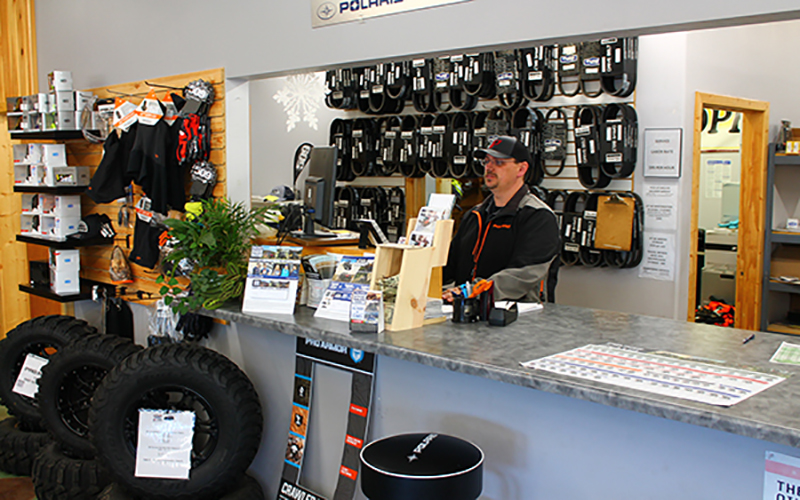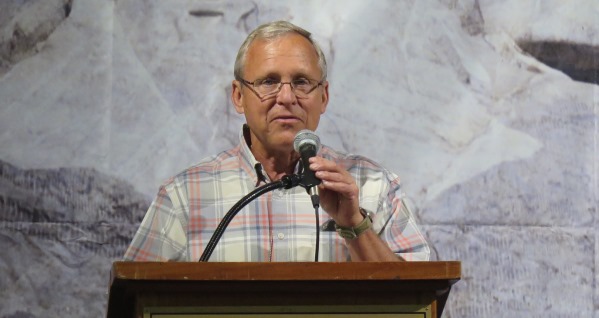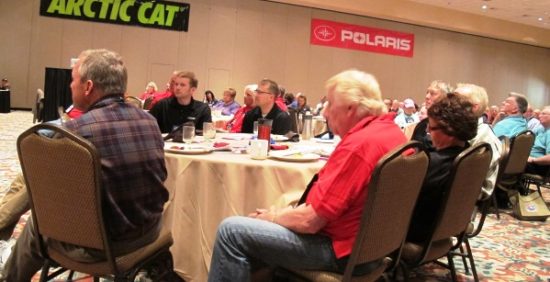
Your body clock isn’t lying to you. The 9:30 p.m. sunset, green grass and warm temperatures all testify to the fact that it truly is summer in North America. Except for the select few who chase remaining snow to very high elevations, the snowmobile season is long in the rear view mirror. But today, and the next three days, will be great days for snowmobiling in general, and in Winnipeg, Manitoba, in particular.
That’s because representatives from up to 27 states and 13 Canadian provinces and territories — plus possibly representatives from snowmobiling countries in Europe plus Russia — are gathering there to help plot the future course of the great sport/recreational activity of snowmobiling.
Winnipeg is the host of the 49th annual International Snowmobile Congress June 7-10, 2017. At the annual event, folks who plot, install, maintain and protect the snowmobiling’s massive network of trails plus ensure access to hundreds of millions of acres of backcountry riding areas gather to solve problems, discuss mutual concerns, learn new processes and share ideas — all with the good of the sport/recreational activity in mind.

This all plays out in what some people might consider long days spent in stuffy conference rooms — yes, like making sausages, sometimes protecting snowmobiling isn’t pretty. A lot of the truly important stuff doesn’t happen in a beautiful open meadow or along a weaving path through a dense forest. There will be meeting of groups as odd-sounding as the International Association of Snowmobile Administrators, the International Snowmobile Tourism Council and the Iron Dog Brigade. The big national organizations — the American Council of Snowmobile Associations and the Canadian Council of Snowmobile Organizations — hold the largest gatherings, but there are also subsets where your snowmobiling interests are discussed — broken down into “chapters” divided out by geographic region (Northeast, Midwest and West).
Special breakout seminars are scheduled to discuss items as important and varied as Avalanche and ice crossing safety, GPS mapping of trails, the potential of growing youth in snowmobiling and emerging engine technology in grooming equipment, no name a few.
Your riding next winter — and for many winters to come — is made possible by the work that goes on every June at this important event.




